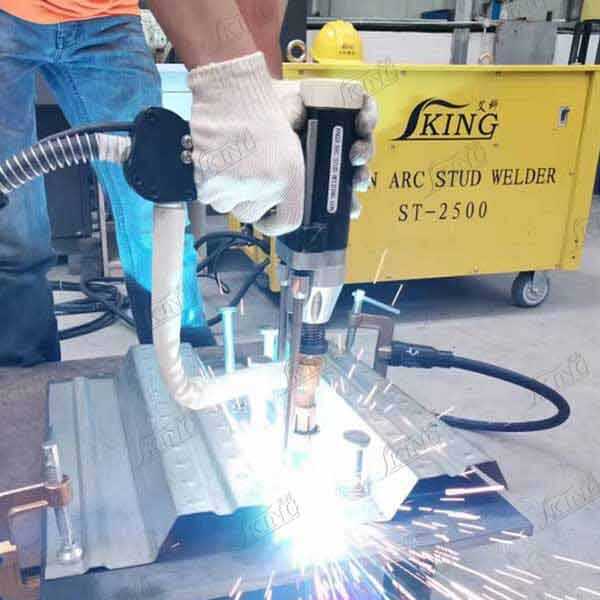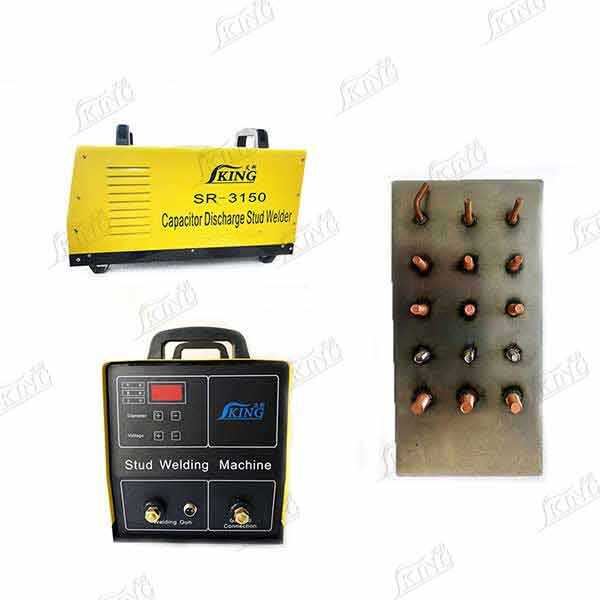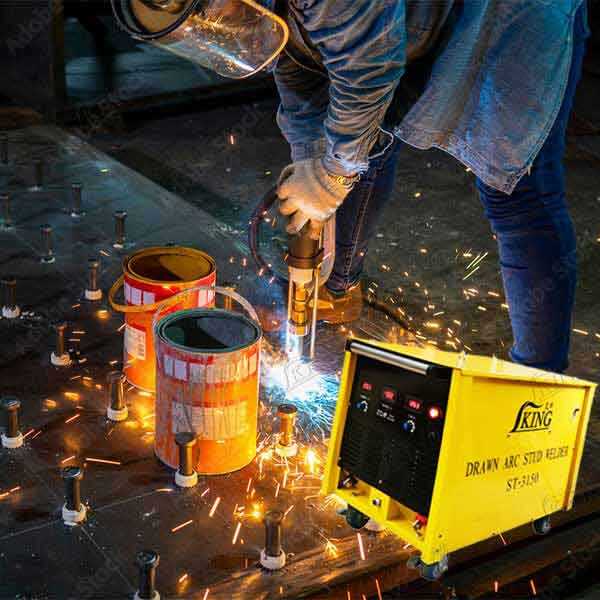stud machine
A stud machine is an advanced manufacturing equipment designed to efficiently produce metal studs and tracks used in construction and building frameworks. This versatile equipment incorporates cutting-edge technology to transform steel coils into precisely formed studs through an automated process of rolling, forming, and cutting. The machine features sophisticated control systems that ensure dimensional accuracy and consistent quality in every piece produced. It typically includes multiple forming stations that progressively shape the metal, automated length measurement systems, and precise cutting mechanisms. The stud machine can handle various metal gauges and produce studs in different sizes and specifications to meet diverse construction requirements. Its operational interface is user-friendly, allowing operators to easily adjust parameters such as length, thickness, and production speed. Modern stud machines often incorporate safety features such as emergency stop systems, protective guards, and overload protection mechanisms. They are designed for continuous operation in industrial settings, with robust construction that ensures durability and minimal maintenance requirements. The machine's capability to produce both studs and tracks makes it an essential tool for manufacturers serving the construction industry, particularly in commercial and residential building projects.


